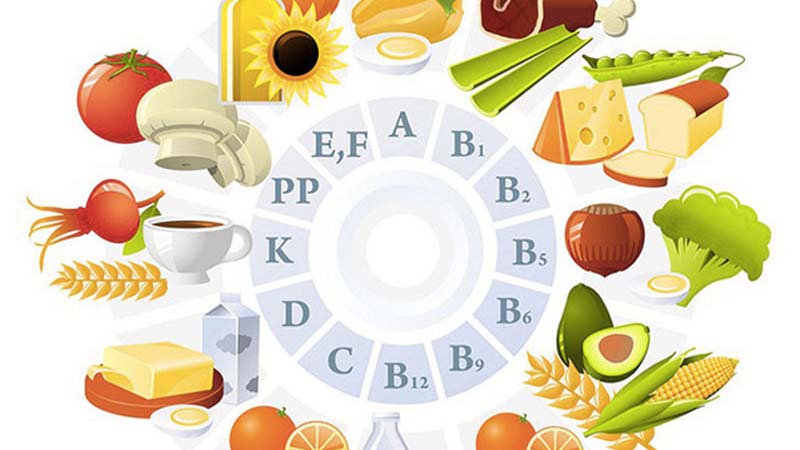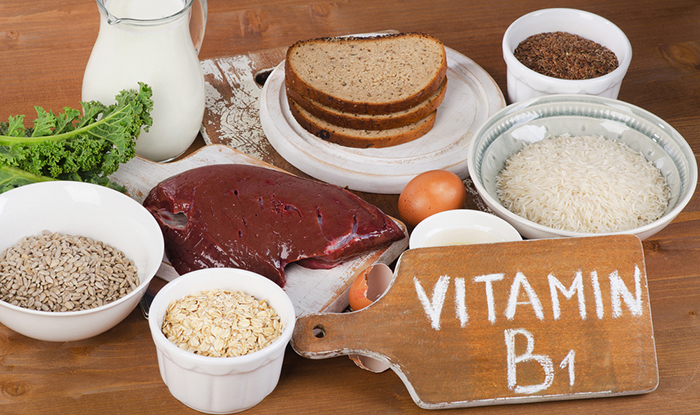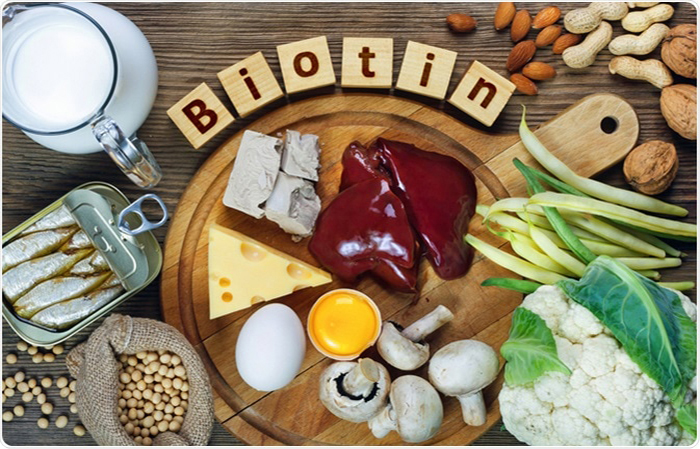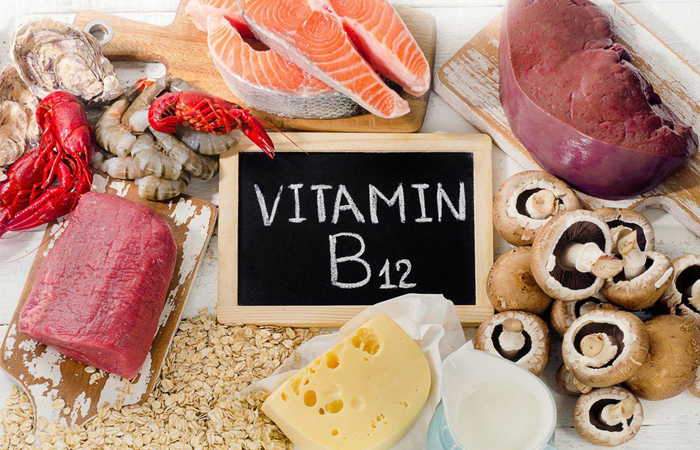Vitamins are compounds that the body cannot synthesize on its own, so most must be obtained through diet. Vitamins play a crucial role in human life. The following article will help you better understand what vitamins are, the common types of vitamins, and their health benefits.
What are Vitamins?

Vitamins are organic compounds essential for various metabolic processes in the body. They support growth, development, and overall health. Since the body cannot produce sufficient amounts of vitamins, they must be acquired through food or supplements.
Common Types of Vitamins and Their Health Benefits
- Vitamin A
- Function: Essential for vision, immune function, and skin health.
- Sources: Carrots, sweet potatoes, spinach, and liver.
2 Vitamin B

- B1 (Thiamine): Supports energy metabolism and nerve function.
- B2 (Riboflavin): Important for energy production and skin health.

- B3 (Niacin): Aids in digestion and skin health; can help lower cholesterol.
- B5 (Pantothenic Acid): Involved in hormone production and energy metabolism.

- B6 (Pyridoxine): Supports brain health and aids in the production of neurotransmitters.

- B7 (Biotin): Important for hair, skin, and nail health, as well as metabolism.

- B9 (Folate): Crucial for DNA synthesis and cell division; especially important during pregnancy.
- B12 (Cobalamin): Essential for red blood cell formation and neurological function.

3 Vitamin C

The Role of Vitamins in the Body
Vitamins play a crucial role in our health. A deficiency of vitamins can lead to many dangerous diseases. Here are some key functions of vitamins:
- Catalysts in Metabolism: Vitamins act as catalysts that help convert food into the energy necessary for the life activities of cells in the body.
- Participation in Development: Vitamins are essential for normal growth and development, even when a fetus is in the womb.
- Cell Protection: Vitamins have antioxidant properties that help protect cells from damage caused by free radicals. This contributes to the body’s defense against infections, detoxification, and the repair of damaged structures.
- Support for Body Structure: Fat-soluble vitamins participate in reactions that create substances, structures, organs, and tissues in the body, helping to maintain health and normal function.
Conclusion
Vitamins are essential nutrients that not only help maintain health but also support development and protect the body from many diseases. Adequate vitamin intake through diet is crucial to ensure the body operates effectively.





